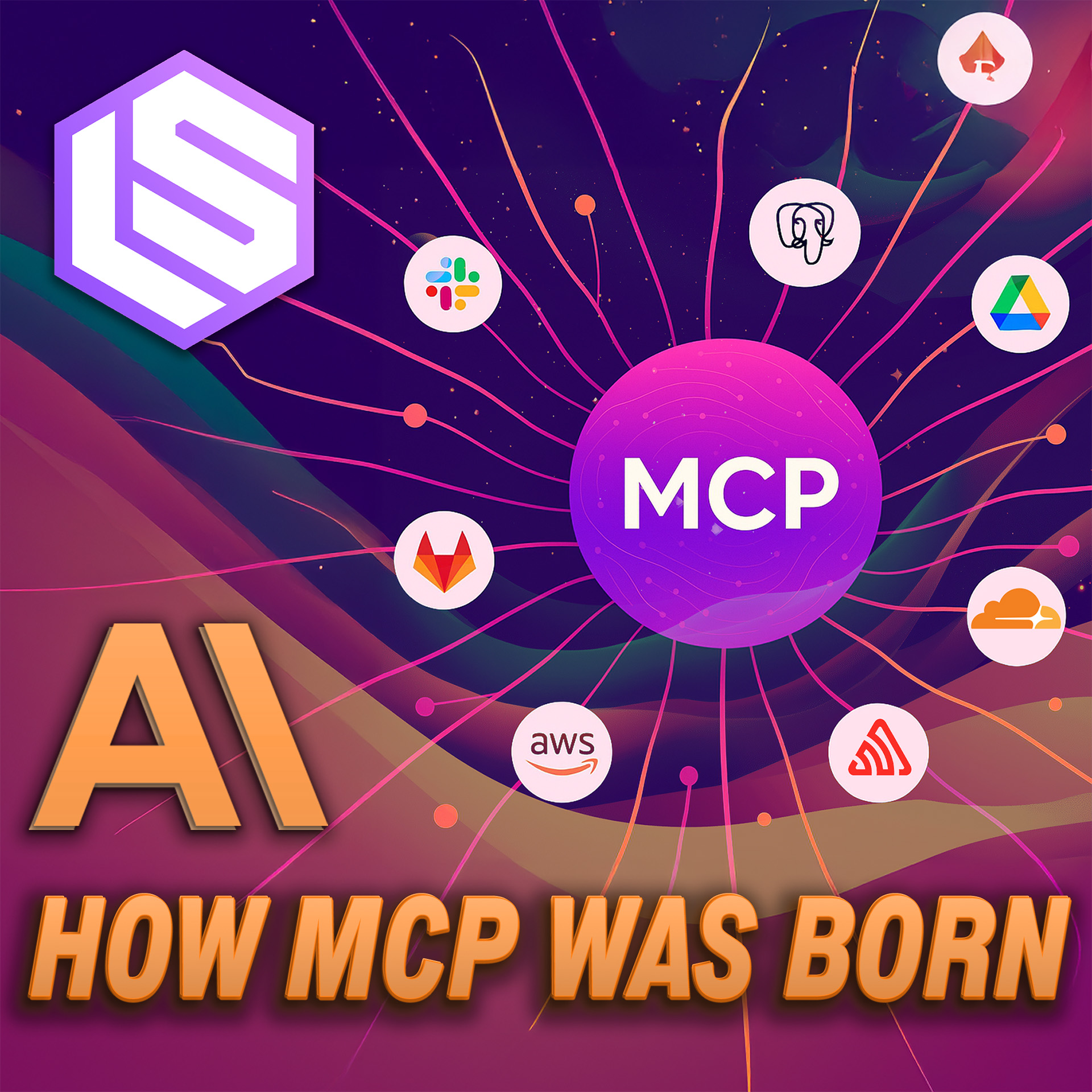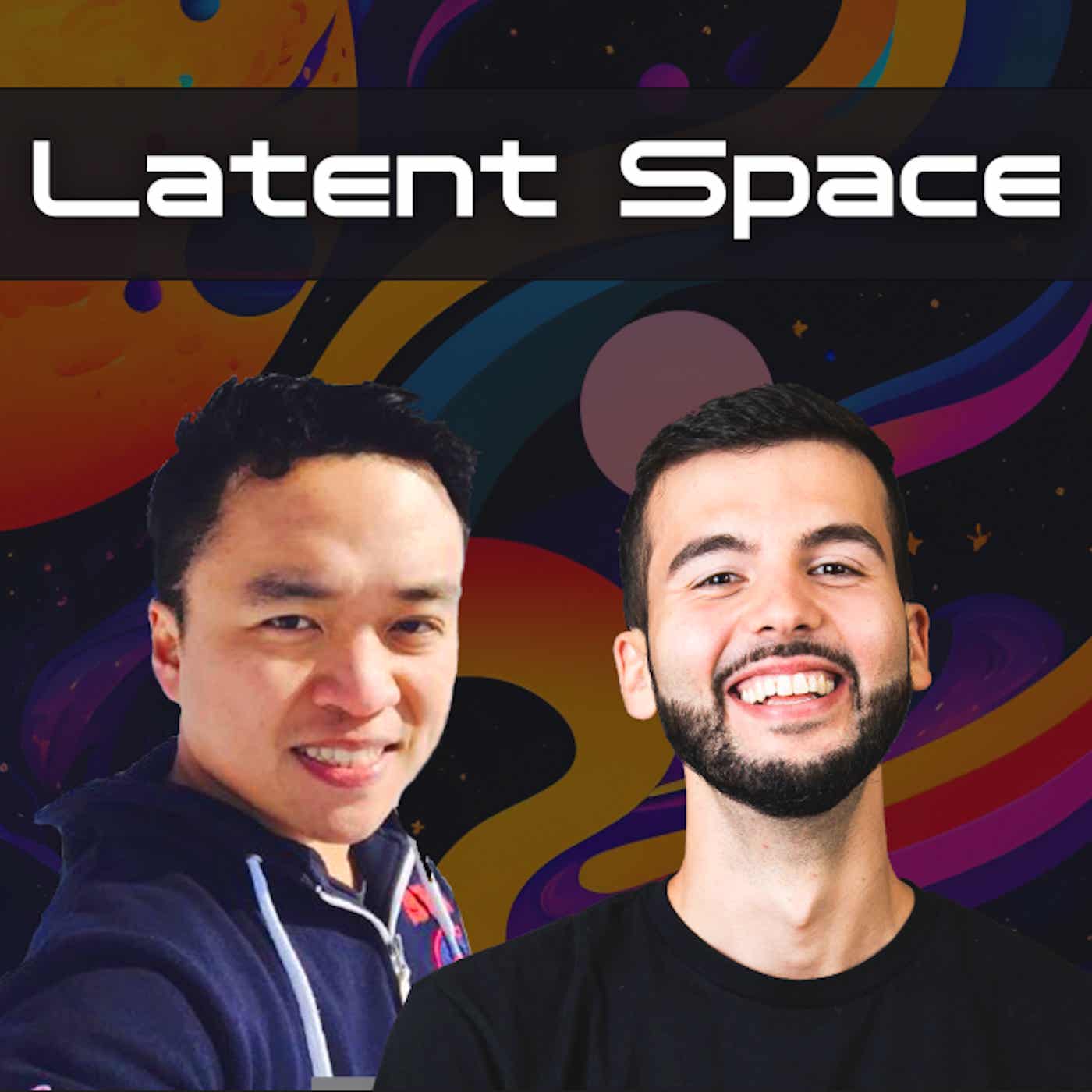
The Creators of Model Context Protocol

Latent Space: The AI Engineer Podcast — Practitioners talking LLMs, CodeGen, Agents, Multimodality, AI UX, GPU Infra and all things Software 3.0
Deep Dive
Shownotes Transcript
Today’s guests, David Soria Parra and Justin Spahr-Summers, are the creators of Anthropic’s Model Context Protocol (MCP). When we first wrote Why MCP Won, we had no idea how quickly it was about to win.
In the past 4 weeks, OpenAI and now Google have now announced the MCP support, effectively confirming our prediction that MCP was the presumptive winner of the agent standard wars. MCP has now overtaken OpenAPI, the incumbent option and most direct alternative, in GitHub stars (3 months ahead of conservative trendline):
For protocol and history nerds, we also asked David and Justin to tell the origin story of MCP, which we leave to the reader to enjoy (you can also skim the transcripts, or, the changelogs of a certain favored IDE). It’s incredible the impact that individual engineers solving their own problems can have on an entire industry.
Timestamps
00:00 Introduction and Guest Welcome
00:37 What is MCP?
02:00 The Origin Story of MCP
05:18 Development Challenges and Solutions
08:06 Technical Details and Inspirations
29:45 MCP vs Open API
32:48 Building MCP Servers
40:39 Exploring Model Independence in LLMs
41:36 Building Richer Systems with MCP
43:13 Understanding Agents in MCP
45:45 Nesting and Tool Confusion in MCP
49:11 Client Control and Tool Invocation
52:08 Authorization and Trust in MCP Servers
01:01:34 Future Roadmap and Stateless Servers
01:10:07 Open Source Governance and Community Involvement
01:18:12 Wishlist and Closing Remarks